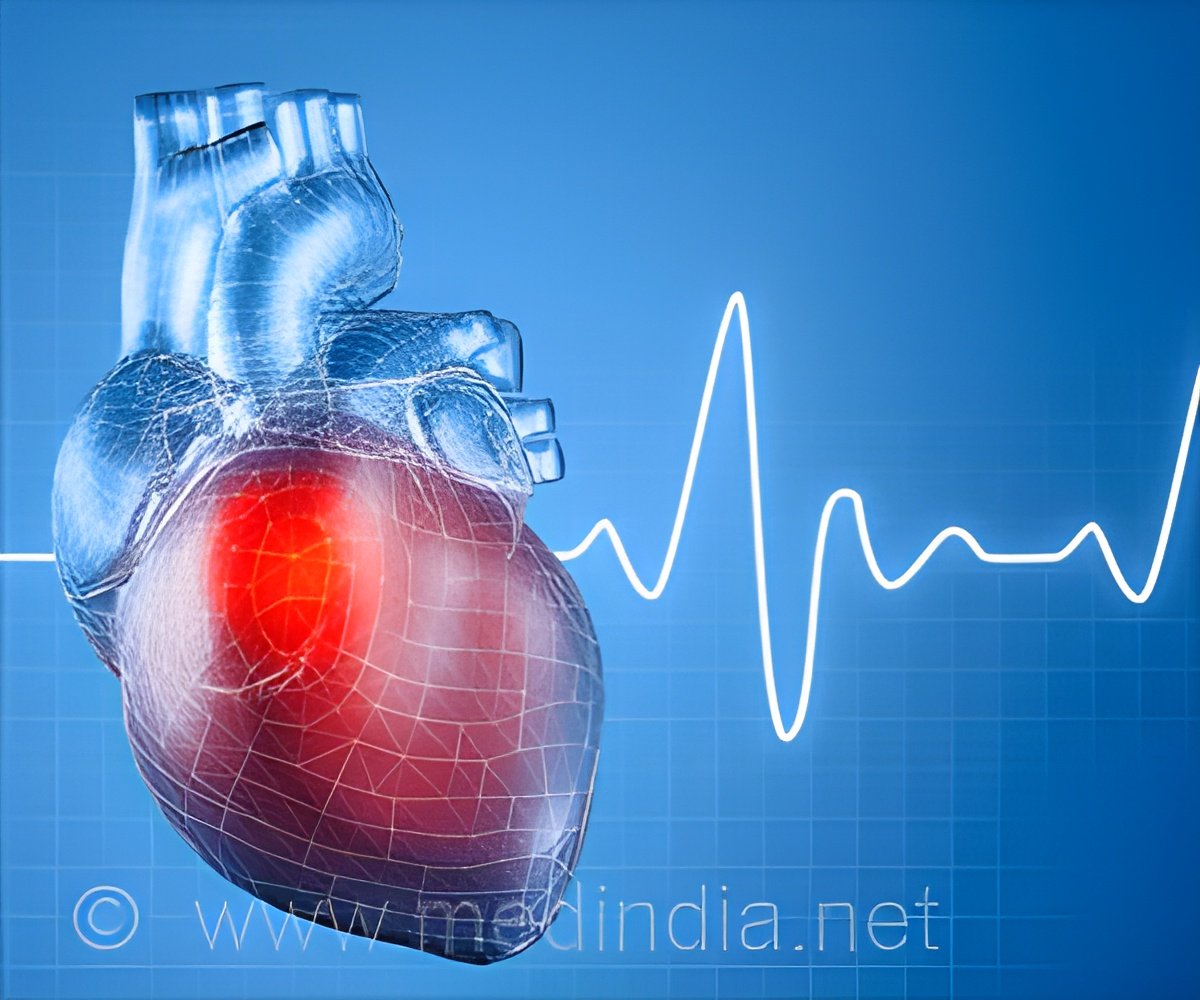
‘As many as 6 million people in the United States and 33 million people worldwide have AFib, the exact cause of which is generally unknown.’
Tweet it Now
changes in the heart – tissue changes called fibrosis – produce the arrhythmia. A genetic component is likely.“I look at AFib as an iceberg,” said Dr. Christopher Rogers, a cardiologist at Penn State Health Medical Group ― Berks Cardiology. “We understand the small part above the water, but the part below is much larger, and we have yet to understand it. I hope in my career we will continue to see advancements in understanding and treating this condition.”
AFib symptoms may include heart palpitations, shortness of breath, dizziness and fatigue. Risk factors include high blood pressure, obstructive sleep apnea, obesity, tobacco and alcohol abuse and uncontrolled diabetes.
“Once the genie is out of the bottle, you can’t stuff it back in,” Rogers said. “AF is very frustrating for the patient and physician to take care of. While there is no cure, we can manage the symptoms and do certain things to treat it.”
Rogers said working together means finding the best path to care. “What’s most important is protecting the patient from having a stroke and controlling their heart rate. Stroke as a result of AFib is the largest problem, and determining a patient’s stroke risks is essential.” When a patient comes into the office with AFib symptoms, Rogers and his colleagues perform a cardiac workup, which includes a physical, electrocardiogram and ultrasound of the heart.
Advertisement
“Our society wants a quick fix for complex problems,” Rogers said. “AF is not a condition that we can simply cure. It takes multiple approaches and perseverance to treat an individual appropriately.”
Advertisement
“I try to do a lot of individual education with my patients,” Rogers said. “I will spend whatever time it takes for them to become comfortable with me and understand their disease process so that we have a good relationship and can tackle the problem together.”
Source-Newswise











